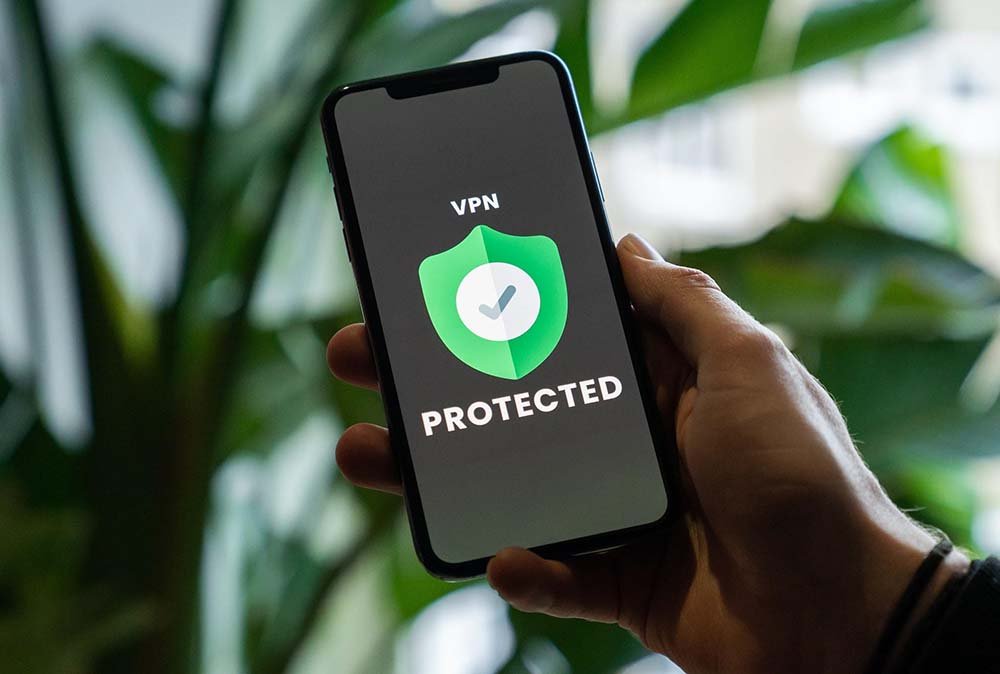In our increasingly digital era, cybersecurity isn’t just a concern for multinational corporations but is equally vital for small businesses. With cyber threats evolving at an unprecedented rate, small businesses, often perceived as soft targets, need to bolster their defenses. This piece offers advice, suggestions, and tool suggestions specifically designed for the requirements of small businesses.
Why is cyber security so important for small businesses?
Traditionally seen as a pressing issue mainly for major corporations and government bodies, cybersecurity has become an undeniable necessity for businesses of all sizes. The rationale behind this shift is complex.
Small businesses often mistakenly believe that they fly under the radar of cybercriminals. Yet, the reality is that they frequently become victims of cyberattacks due to perceived weaker security measures. This perceived vulnerability makes them appealing targets for those looking for easier gains.
Additionally, the monetary implications of a cyberattack are profound for small enterprises. A cyber incident doesn’t just risk immediate financial loss from ransom demands but can erode customer trust, a cornerstone for any business. This erosion can lead to diminished sales and even hefty penalties if the business is found in violation of evolving data protection regulations like GDPR or CCPA.
It’s also vital to recognize that reputation in the business world is invaluable. The fallout from a single breach can irreparably damage a brand’s image that took years, if not decades, to cultivate. In such a connected age, news of breaches spreads swiftly, leading stakeholders and customers alike to reconsider their association with a business seen as a security liability.
The data small businesses handle daily, from customer personal details to financial transactions, is a goldmine for cybercriminals. The illicit sale or misuse of this data can have ramifications extending far beyond the immediate breach.
It’s not just about external regulations either. Many small businesses lack the buffer resources that larger corporations possess. If hit by a significant cyber incident, the journey back to normalcy can be protracted and expensive, with some businesses never truly regaining their footing.
Furthermore, the digital landscape is constantly shifting. With the emergence of new cyber threats that are more covert, malignant, and sophisticated, a proactive approach to cybersecurity becomes indispensable. This evolving threat is compounded by the move many small businesses are making toward digital transformation. While digital tools and cloud services offer immense benefits in terms of operational efficiency and customer experience, they can also increase potential security vulnerabilities.
The modern consumer is well-informed and has a heightened awareness of cyber risks. They prioritize their data security and expect the businesses they interact with to do the same. A small business that can confidently state its commitment to cybersecurity isn’t just meeting a demand; it’s distinguishing itself in a crowded market.
In sum, cybersecurity, though complex, is an arena where no business, regardless of its size, should compromise. Far from being a mere risk management strategy, it’s a fundamental investment in the business’s future longevity and success.
Cybersecurity tips for small businesses
Train your employees
It’s essential that every team member understands potential cyber risks. Periodic training can instruct them on recognizing phishing emails, establishing robust passwords, and adhering to recommended practices.
Carry out a risk assessment
You can preemptively address weaknesses by regularly assessing potential vulnerabilities in your business processes and IT infrastructure. For instance, incorporating red teaming scenarios into these assessments provides a realistic evaluation of your defenses against sophisticated cyber threats. Through these exercises, organizations can identify and fortify their security gaps, enhancing resilience against actual attacks.
Deploy antivirus software
A reliable antivirus can serve as the first line of defense against malicious software.
Keep software updated
Outdated software can have vulnerabilities. Always ensure that all your software, especially security software, is updated regularly.
Back up your files regularly
Ensure that all essential business data is backed up to secure cloud storage or external hard drives.
Encrypt key information
Use encryption tools to secure sensitive business data, ensuring it’s safe even if intercepted.
Limit access to sensitive data
Only allow trusted employees to access critical data. Use access controls and restrict permissions only to those who need them.
Secure your Wi-Fi network
Make sure your business Wi-Fi is secured with encryption, concealed, and requires a password for access.
Ensure a strong password policy
Advocate for and enforce the use of complex passwords. Educate your team about the importance of changing passwords regularly and not reusing them across platforms.
Passwords and authentication
Emphasize the use of two-factor authentication, providing an extra layer of security beyond just passwords.
Key Cybersecurity Tools for Small Businesses:
Antivirus and Anti-malware Software
Reputable programs like Bitdefender, Norton, and McAfee offer comprehensive protection tailored to business needs.
Web Application Vulnerability Scanning:
Regularly using web application vulnerability scanning to check your applications for vulnerabilities ensures that they are safeguarded against potential threats and breaches.
Firewalls
Deploying both hardware and software firewalls can shield your internal networks from threats.
Virtual Private Networks (VPNs)
VPNs encrypt internet traffic, ensuring data sent and received remains confidential.
Two-Factor Authentication (2FA)
Tools like Google Authenticator or SMS-based codes provide an added layer of security during logins.
End-to-End Encryption Tools
Apps like Signal or enterprise solutions like Symantec offer encrypted communication tools.
Web Application and Network Penetration Testing
Frequently using application penetration testing services can pinpoint and address weaknesses in your online systems and internal networks.

What to look for in a cybersecurity company
Choosing the right cybersecurity company is pivotal, given that the choice can greatly shape the security profile of an organization. In this era marked by escalating digital threats, having a dependable ally who can shield against and react to cyber threats is paramount.
When delving into the process of evaluating a potential cybersecurity partner, one must weigh a company’s experience and historical track record. Delving into their past, understanding how many years they’ve been active, and learning about their success in mitigating security breaches can provide invaluable insights.
Furthermore, the specific expertise of a company matters. Different businesses have different cybersecurity needs, ranging from network security and endpoint protection to cloud security or incident management. Aligning your specific requirements with a company’s core competencies is vital.
The technological prowess of a company should be at the forefront. With cyber adversaries constantly advancing their tactics, it’s essential that the cybersecurity tools being utilized are always a step ahead. For small businesses looking to enhance their cybersecurity arsenal with cutting-edge technology, exploring Cyware SOAR solutions can provide a comprehensive approach to security orchestration, automation, and response, aligning with the need to stay ahead of evolving cyber threats.
The calibre of a cybersecurity firm is mirrored in its team. Seeking out companies with a roster filled with certified professionals boasting credentials like CISSP, CISM, or CEH is advisable.
Every organization has a unique operational blueprint, and hence, cybersecurity solutions should be moulded to that uniqueness. It’s not just about the broad strokes; the details matter. Whether it’s ensuring constant vigilance against threats irrespective of the hour or fostering a proactive stance against potential vulnerabilities, each aspect plays a part in building a robust security fortress.
Prompt and clear communication during a security incident can make all the difference, as can routine reports that shed light on the organization’s security health. In a world governed by regulations, a profound understanding of industry norms and regulations is non-negotiable. Of course, the human element cannot be ignored.
Transparency in financial dealings ensures there are no surprises down the line. Furthermore, testimonials from existing clients, combined with accredited certifications and external evaluations, provide a more transparent view of a company’s reputation in the field. Cybersecurity is indispensable for small businesses. Allocating resources, time, and energy to strengthen your cyber protection safeguards your business and fosters confidence among your clientele. In a digital realm characterized by constantly changing threats, taking a proactive approach remains the optimal course of action.
















